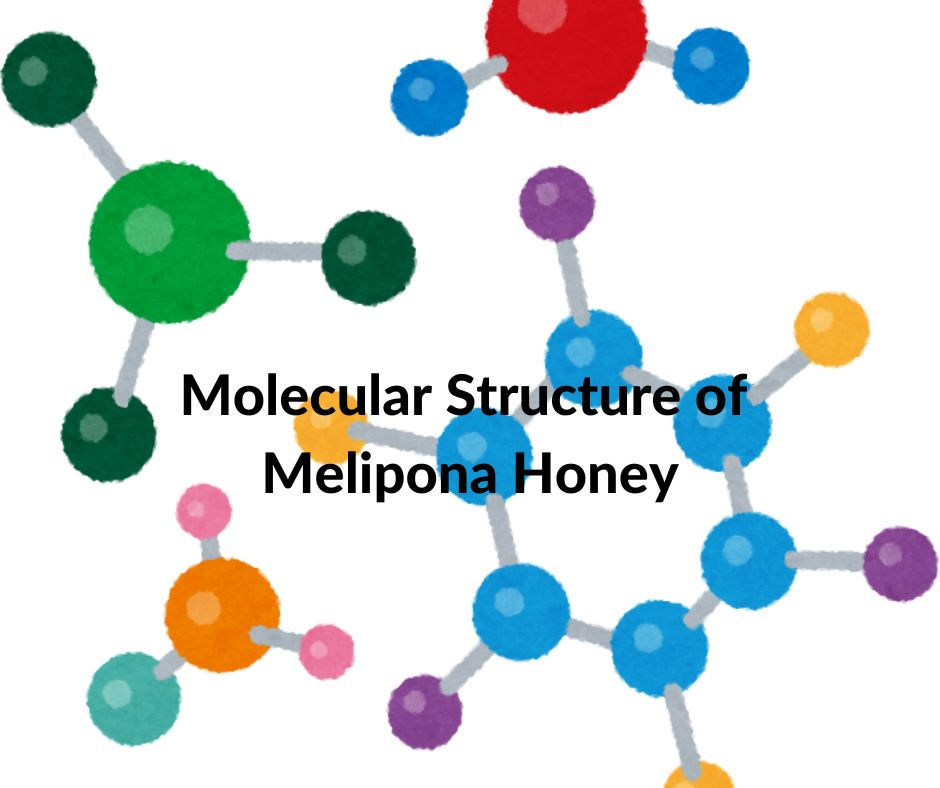Can a Tiny Bee Hold the Key to Fighting Cancer?
- John Quam

- Mar 13
- 3 min read
Updated: Mar 27
Dr. Lucia Herrera lifted a small glass vial, swirling its golden contents under the lab’s fluorescent lights. “It’s incredible,” she murmured, placing a few drops of the precious liquid onto a Petri dish. The honey’s deep amber hue seemed to glow as she set it under the microscope. What if the cure for some cancers had been hiding in the hives of Melipona bees all along?
Melipona honey, produced by stingless bees (Melipona species) native to Central and South America, Africa, and Asia, is gaining attention for its unique composition and medicinal properties. Unlike common honeybees, these bees yield honey with distinct flavors, higher moisture content, and a rich profile of bioactive compounds. Traditional healers have long valued it for wound healing and infections, and now, modern science is exploring its potential role in cancer prevention and therapy.
What Makes Melipona Honey Special?
Melipona honey stands apart due to its exceptional biochemical properties:
Rich in Antioxidants: High levels of flavonoids and phenolic acids combat oxidative stress, a key driver of cancer development.
Natural Antimicrobial Agents: Contains compounds that inhibit bacterial and fungal growth, potentially influencing tumor microenvironments.
High Moisture Content: Unlike commercial honey, it retains more bioactive enzymes due to minimal processing.
Distinctive Composition: The diverse floral sources of Melipona bees contribute to a complex mix of nutrients and medicinal compounds.
Studies suggest that Melipona honey exhibits higher antioxidant activity compared to other honeys, as evidenced by DPPH and FRAP assays.
How Does Melipona Honey Affect Cancer Cells?
Does Melipona Honey Kill Cancer Cells?
Yes, preliminary studies suggest that Melipona honey can trigger apoptosis (programmed cell death) in cancer cells while sparing healthy cells.
What Do In Vitro Studies Show?
Brazilian research highlights the cytotoxic effects of stingless bee honey (including Melipona species) on cancer cell lines. A 2020 study observed:
Reduced viability of breast and colon cancer cells.
Inhibition of cancer cell proliferation.
Increased apoptosis through oxidative stress pathways.
Can Melipona Honey Reduce Cancer Risk?
Does Melipona Honey Have Anti-Inflammatory Properties?
Yes, chronic inflammation is linked to cancer, and Melipona honey contains anti-inflammatory compounds that may help mitigate this risk.
Can It Boost the Immune System?
Preliminary findings suggest that Melipona honey enhances immune function, potentially aiding the body's natural defenses against cancer development.
Challenges and Future Research
Why Isn’t Melipona Honey Widely Used in Cancer Treatment?
Limited Availability: Low production volumes make large-scale studies difficult.
Research Gaps: Most studies are in vitro; animal and clinical trials remain scarce.
Mechanistic Understanding: More research is needed to explore how Melipona honey interacts with chemotherapy and other treatments.
Safety and Considerations
While generally safe, raw Melipona honey poses risks for immunocompromised patients. Consultation with healthcare providers is advised, especially during cancer treatments.
The Future of Melipona Honey in Medicine
As research advances, Melipona honey may emerge as more than a traditional remedy—it could become a recognized ally in cancer treatment. However, robust clinical trials are essential to validate its therapeutic potential. For now, it should be seen as a complementary approach rather than a standalone cure.
Dr. Herrera leaned back from the microscope, eyes gleaming. “If we can harness the full potential of this honey, it could be a game-changer.”
Frequently Asked Questions
Is Melipona Honey Safe to Consume Daily?
Yes, when consumed in moderation, it is safe and may provide antioxidant benefits.
Where Can You Buy Authentic Melipona Honey?
Authentic Melipona honey is available from specialized beekeepers and organic markets. Always check for ethical sourcing.
Can It Replace Conventional Cancer Treatments?
No, but it may serve as a complementary therapy. Always consult a healthcare professional.
References
Journal of Ethnopharmacology (2020): Brazilian research on stingless bee honey.
Journal of Apicultural Research: Studies on antioxidant profiles.
This article underscores the importance of integrating traditional knowledge with scientific inquiry, advocating for cautious optimism and further research.
Where can I buy products related to bees and coffee?Available at JyG Furniture Store in Huaces, Guanacaste. Contact BeeOasisCR@Gmail.com or WhatsApp +506-8355-1483.








Comments